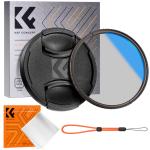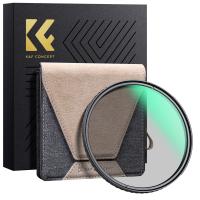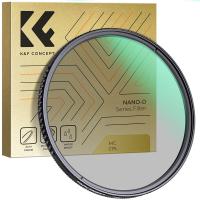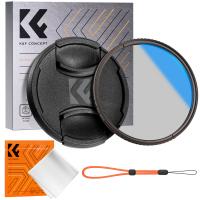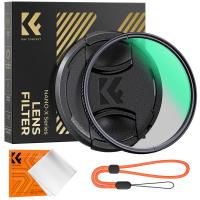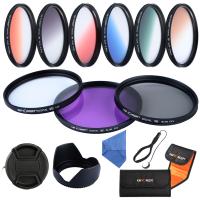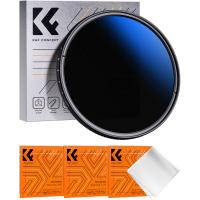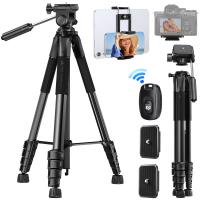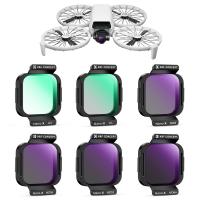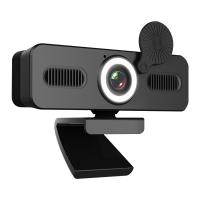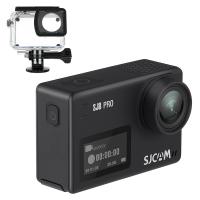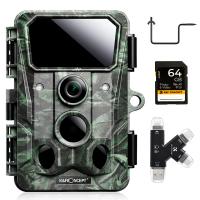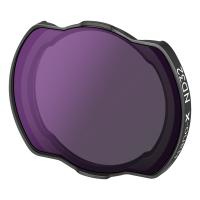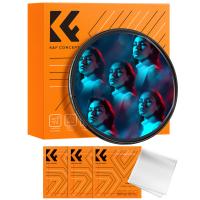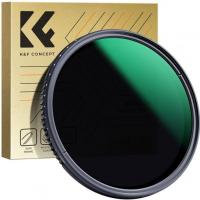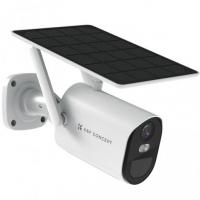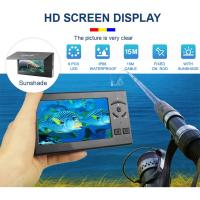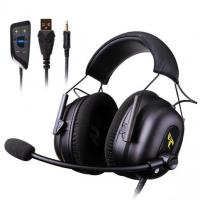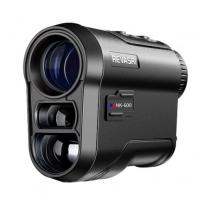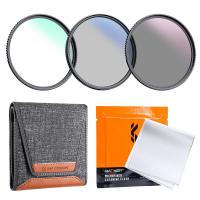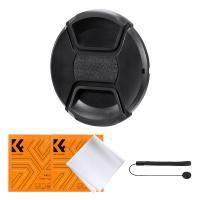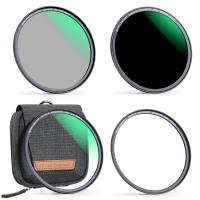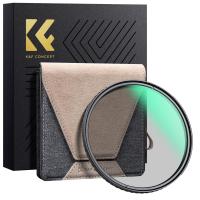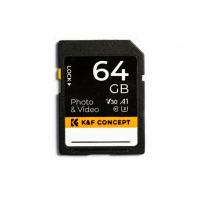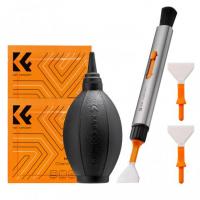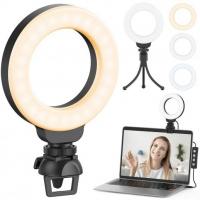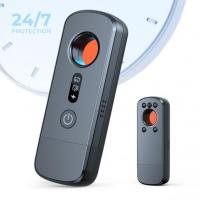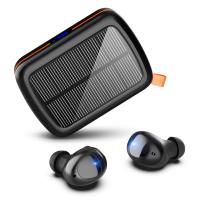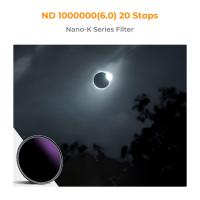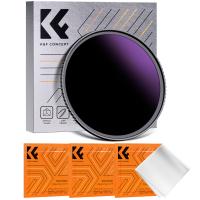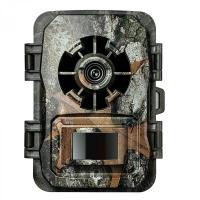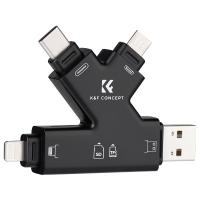Reviews
best value with best support
I experienced great customer support from K&F, but this is only one reason to buy, as I explain below.
This budget priced polarizing filter is a great choice for your lens. It is multi coated to help with filter to lens reflections, it's scratch resistant, but not water proof. The filter is well made and feels good in the way it spins.
The polarizing properties of this filter are quite good. A polarizing filter's effectiveness is dependent on one’s angle of perspective in relationship to the reflections, or light source. One can dial out harsh reflections from floors, windows, water, anything reflective (but not chrome) providing they are at a 90-degree angle to the light source causing such reflections.
Because a polarizer will add more contrast to your scene, it is a great way to add snap to your photos, especially to boring skies (see example image taken with this filter using a 28mm lens.) Be careful when shooting a sky with a lens wider than the equivalent to a 28mm or 24mm lens. The polarization may make the sky's tonal value uneven. No need to worry about vignetting, as the filter is super slim.
Another benefit in using a polarizing filter is to use them for a tiny bit of neutral density. This will help select a slower shutter speed.
Since a filter is mounted close to the front or back of a lens, any imperfections are so out of focus, they can't be noticed. Also, as long as a filter is made of optical glass, generally speaking, any loss of sharpness shouldn’t be an issue.
After 32 years of being a professional photographer, Id like to share my thoughts on when to spend more on a filter, and when to spend less.
-Spend less if you need to protect many lenses with an UV filter. Your savings will be quite a bit and the quality isn't such a step down. If you need to shoot for an assignment, or if you are about to make a great capture, you can always remove the UV filter and then later put it back on.
-Spend less if you aren't sure how often you may use the filter.
-Spend less if you are starting out.
-Spend more if you need water resistance.
-Spend more if you sell your work, or use step up rings, and only need a limited amount of filters.
-Spend more if color accuracy is the most important aspect.
This budget priced polarizing filter is a great choice for your lens. It is multi coated to help with filter to lens reflections, it's scratch resistant, but not water proof. The filter is well made and feels good in the way it spins.
The polarizing properties of this filter are quite good. A polarizing filter's effectiveness is dependent on one’s angle of perspective in relationship to the reflections, or light source. One can dial out harsh reflections from floors, windows, water, anything reflective (but not chrome) providing they are at a 90-degree angle to the light source causing such reflections.
Because a polarizer will add more contrast to your scene, it is a great way to add snap to your photos, especially to boring skies (see example image taken with this filter using a 28mm lens.) Be careful when shooting a sky with a lens wider than the equivalent to a 28mm or 24mm lens. The polarization may make the sky's tonal value uneven. No need to worry about vignetting, as the filter is super slim.
Another benefit in using a polarizing filter is to use them for a tiny bit of neutral density. This will help select a slower shutter speed.
Since a filter is mounted close to the front or back of a lens, any imperfections are so out of focus, they can't be noticed. Also, as long as a filter is made of optical glass, generally speaking, any loss of sharpness shouldn’t be an issue.
After 32 years of being a professional photographer, Id like to share my thoughts on when to spend more on a filter, and when to spend less.
-Spend less if you need to protect many lenses with an UV filter. Your savings will be quite a bit and the quality isn't such a step down. If you need to shoot for an assignment, or if you are about to make a great capture, you can always remove the UV filter and then later put it back on.
-Spend less if you aren't sure how often you may use the filter.
-Spend less if you are starting out.
-Spend more if you need water resistance.
-Spend more if you sell your work, or use step up rings, and only need a limited amount of filters.
-Spend more if color accuracy is the most important aspect.
31/05/2025
Related products
Products You May Like
$39.99
$135.99 $74.99
Related articles
Blog You May Like
Related searches
Circular Polarizer Cpl Camera Lens Filter
Circular Polarizer Lens Filter For Nikon 18-55mm
Best Value Camera Lens Filter For Sunsets
Best Filter For 18-200mm Lens
Cpl Filter For 18-55mm Lens
Best Glass Solar Filter
Best Polarizer Filter For Every Lens
Blackvue Cpl Polarizer Lens Filter
Polarizer R Mrc Cpl Lens Filter
77mm Circular Polarizer Lens Filter

